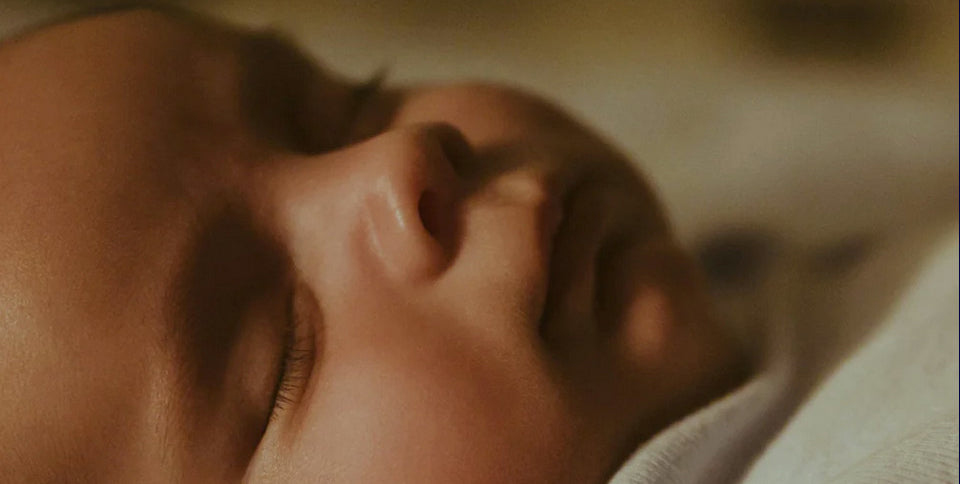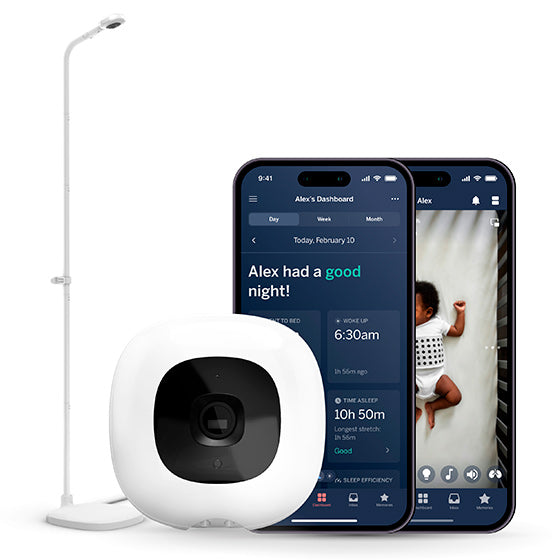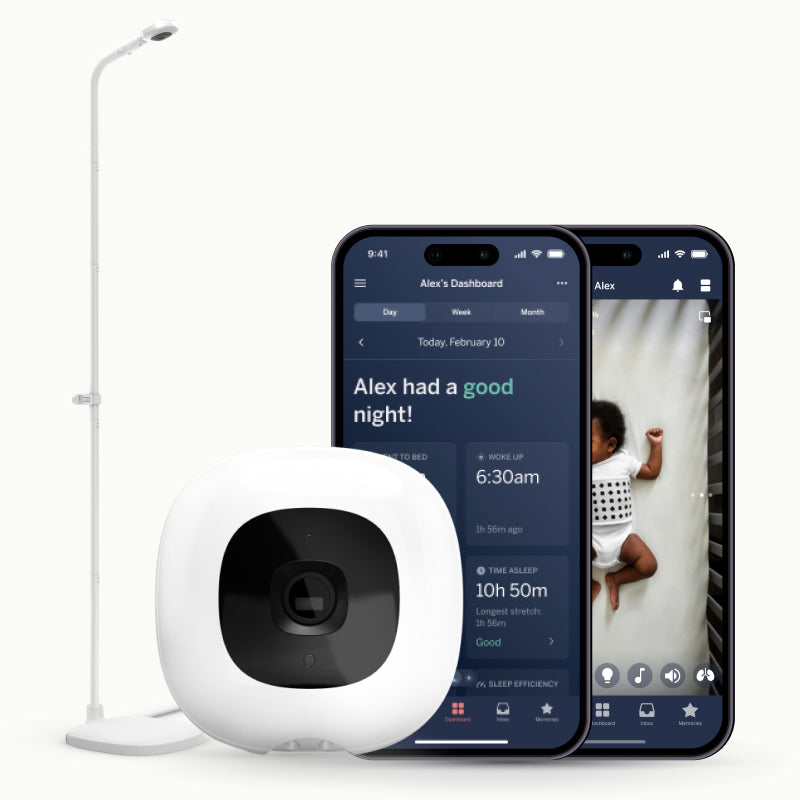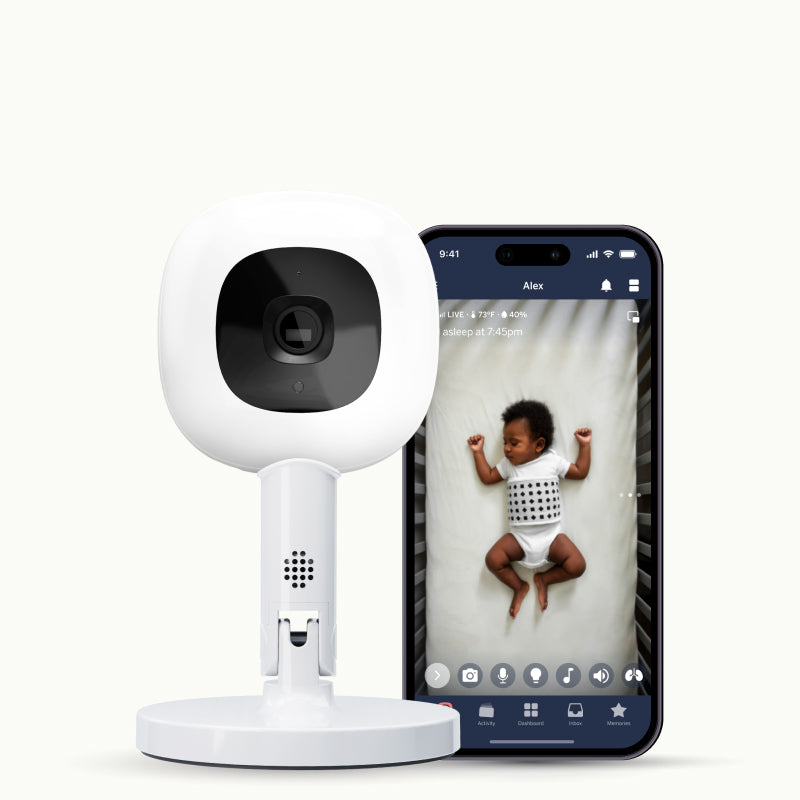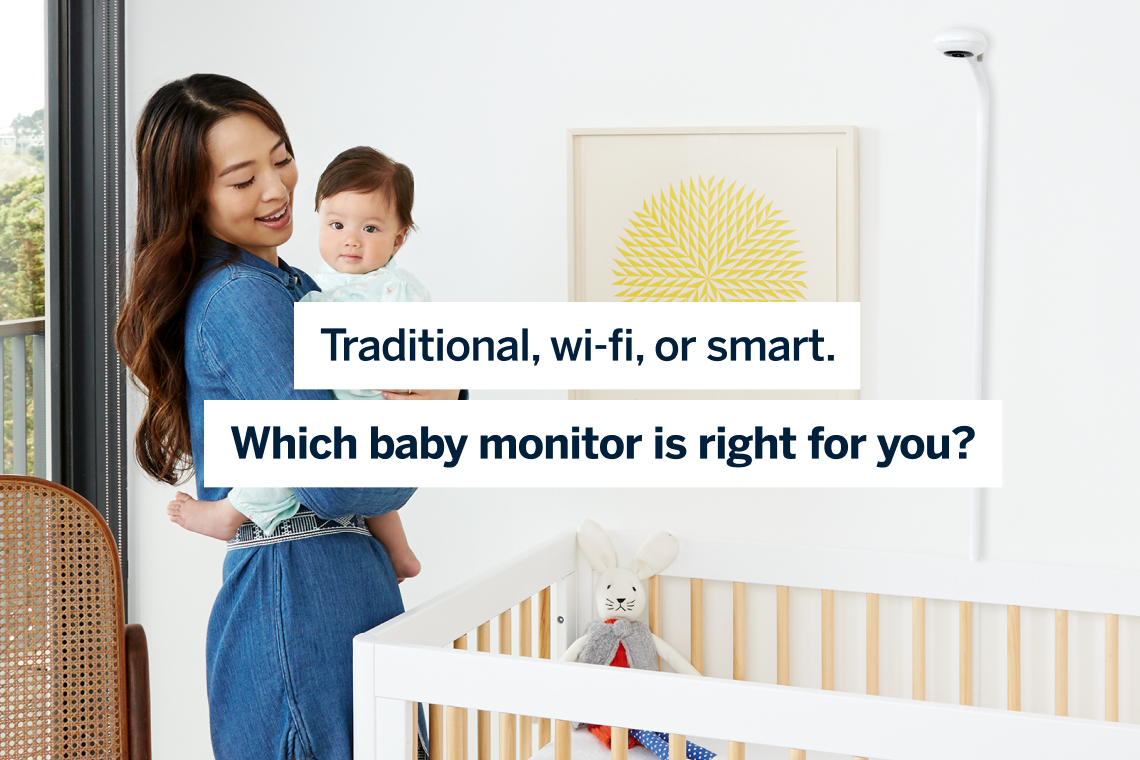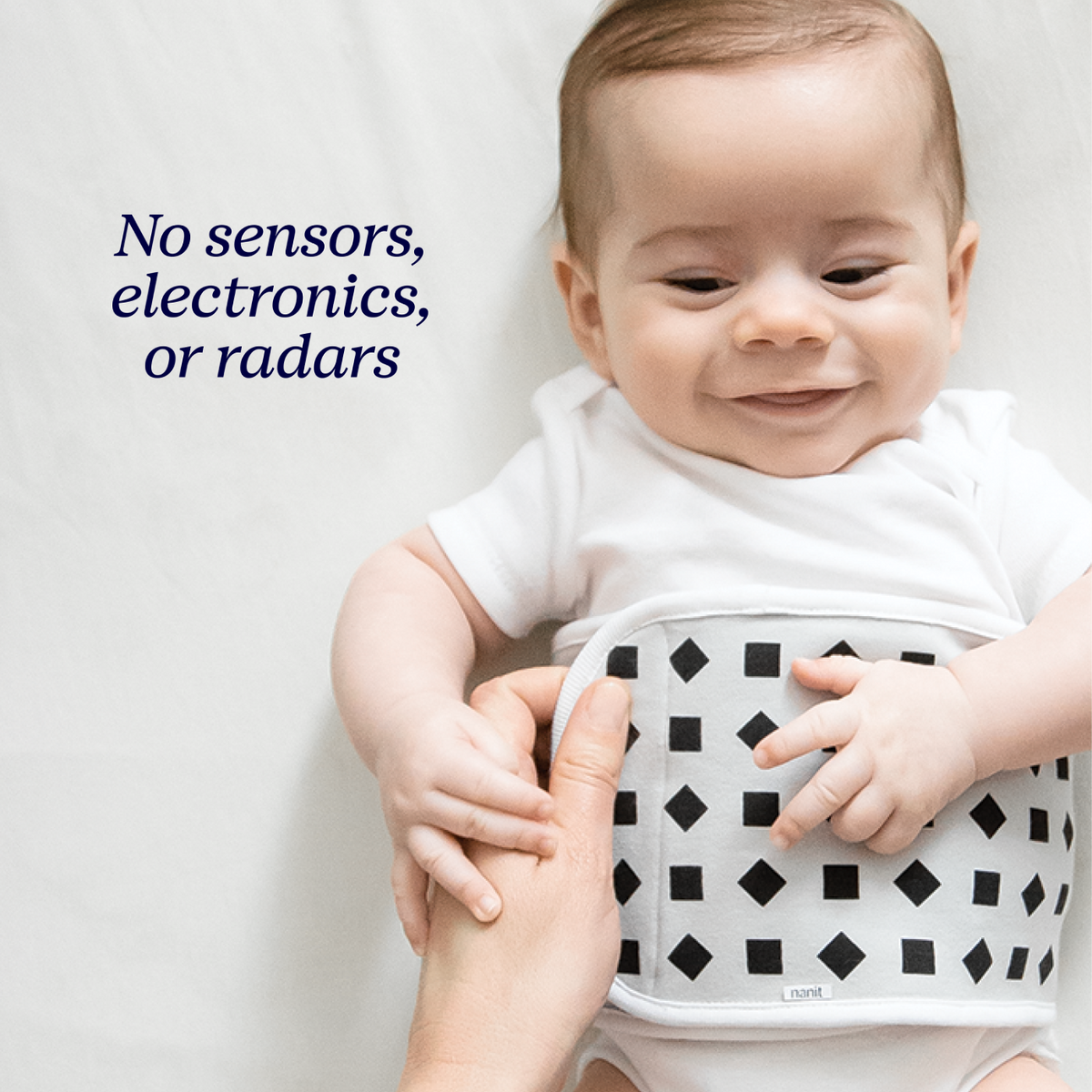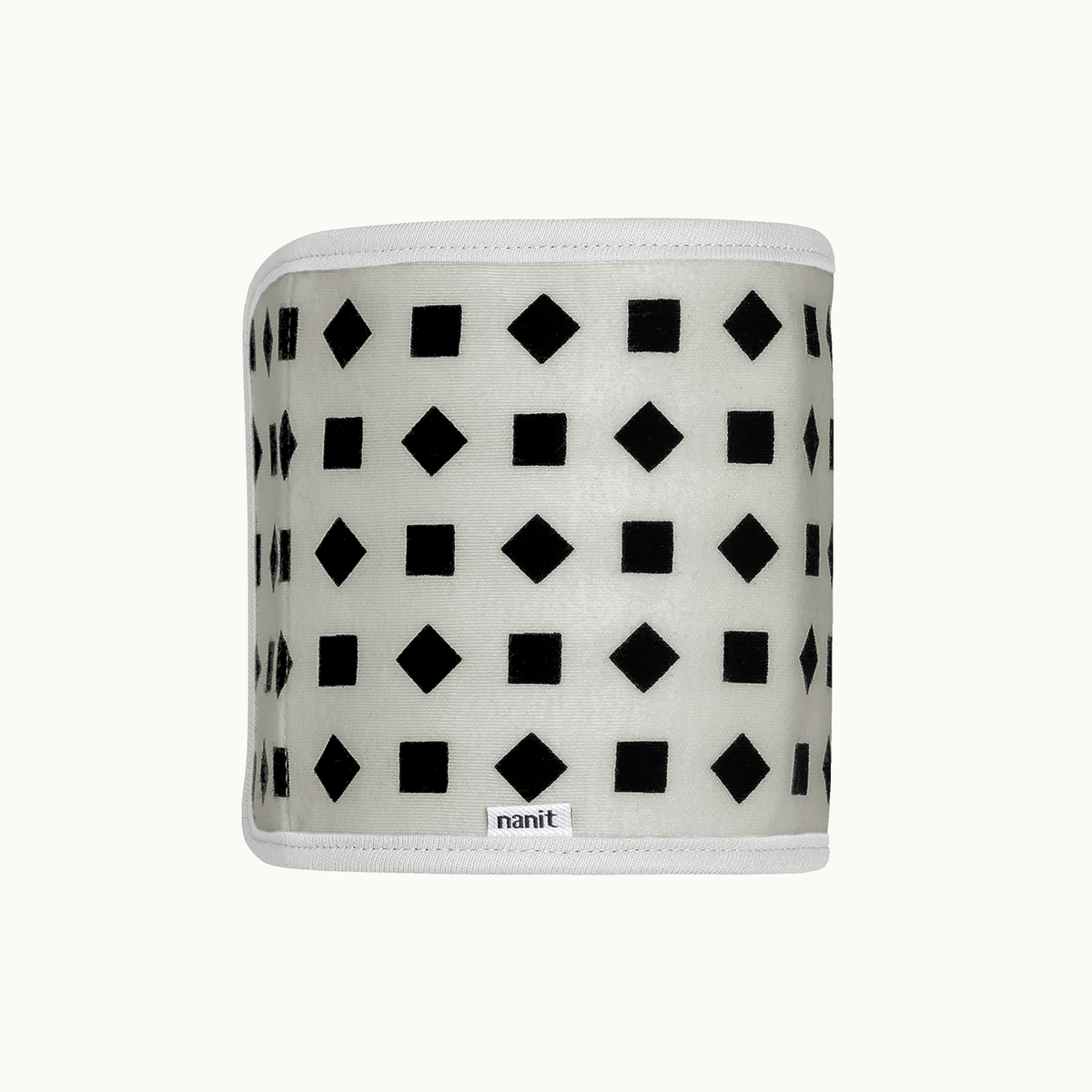Sleep is as imperative as nutrition and exercise when it comes child growth and development. However, sleep has often been absent in children’s health messaging. When sleep is taken into account, the focus is typically on sleep problems. This view is starting to shift. One catalyst to this shift was the development of a definition of pediatric sleep health that was published last year (Meltzer et al 2021). While it is surprising that a formal definition did not exist before, we now have a pediatric-focused framework that recognizes that children’s sleep is multidimensional and a foundation of health. This has the potential to positively shape lifelong sleep habits and influence childrens’ overall health and wellbeing from the start.
Beginning in infancy, children grow and learn during sleep. Sleep is one of the primary functions of the brain and growth hormone is released during sleep. The first few years of life are marked by significant developmental changes, including critical periods of brain development that are dependent on children’s experiences with their environment. These experiences are processed while sleeping to make connections in the brain that lead to language acquisition, visual and auditory processing, motor development, cognitive development, and emotion regulation. This process is exhausting for little bodies and requires significant periods of sleep.
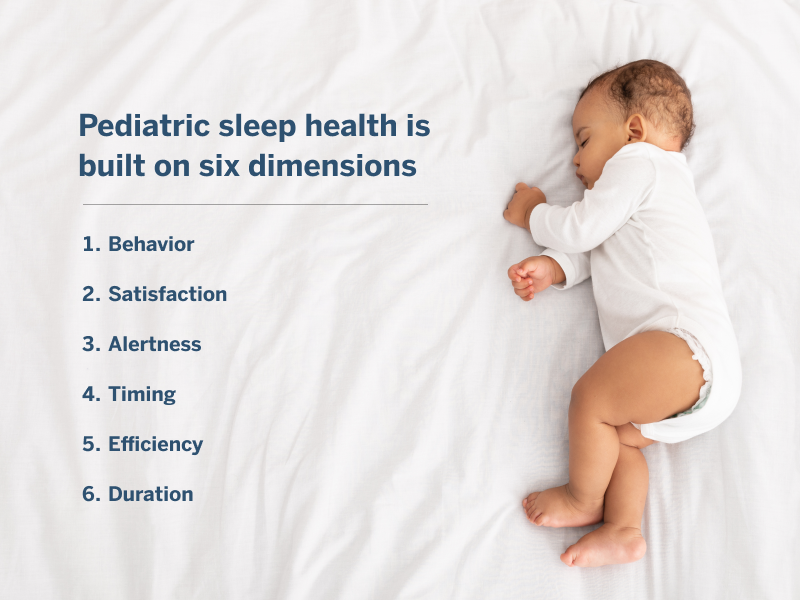
The definition of pediatric sleep health recognizes the influence of social and physical environments and highlights the role of the brain on sleep health. It presents a picture of pediatric sleep health built on six dimensions: Behavior, Satisfaction, Alertness, Timing, Efficiency (proportion of sleep time and wake time after sleep onset), and duration (Meltzer et al 2021).
Just like building a house that requires a strong foundation, early childhood experiences provide the foundation for children’s brain development. The foundation of early childhood brain development is dependent on positive and repetitive experiences and the coordination of the stages of sleep to shape these experiences into the connections needed to establish sensory and emotional regulation, cognitive strengths, and physical milestones. Moreover, if a builder is interrupted or becomes distracted and misses a critical detail in the architectural plans, the stability of a house may be affected. This is also true for interruption of sleep architecture. When sleep is disrupted then there is a risk that the time spent in each stage of sleep may be reduced and, thereby limit the opportunities for the development of these connections. As such, sleep problems in early childhood may have lifelong consequences that go beyond the next day crankiness.

Viewing sleep health through this lens provides a holistic framework for pediatric clinicians to care for families and an opportunity to empower families with a deeper understanding of the benefits of sleep for children. For example, we can educate and provide support to parents to help their babies develop sleep behaviors around age-appropriate bedtime routines, and support ways to reduce sleep wakings that lower sleep efficiency and sleep duration that are all part of good sleep health.
While there are many gaps in our understanding of sleep, the advancements in machine learning and sleep technology, such as those being developed and implemented at Nanit, hold great promise in helping us continue to learn more about the effects of sleep in child development and potentially other disorders. Moreover, such advancement in the objective measurement of sleep health may help to establish age-based sleep health recommendations for each of the multidimensional constructs of sleep health as well as develop personalized sleep interventions to address sleep problems.
Children who are healthy sleepers become adults who are healthy sleepers which leads, in the long term, to improved health outcomes and consequently reduces the healthcare burden to society. A definition is a step forward to achieving that for every child.

This article was written by Nanit Advisory Board member Dr. Monica Ordway in collaboration with Nanit’s Director of Clinical Research, Dr. Natalie Barnett. Through their research they aim to bring more awareness to the importance of sleep as it relates to pediatric health and well-being. While the term “sleep health” was defined in 2014, more research needs to be done to better define “pediatric sleep health.”
Monica Ordway, PhD, APRN, PPCNP-BC is currently an Associate Professor at Yale University School of Nursing and holds a joint appointment at Yale School of Medicine where she works as a pediatric nurse practitioner at the Yale Pediatric Sleep Clinic. Dr. Ordway’s current research focuses on identifying buffering mechanisms to the relationship between stress and health among young socioeconomically disadvantaged children.
Natalie Barnett serves as Director of Clinical Research at Nanit. Natalie holds a Ph.D. in Quantitative and Molecular Genetics from the University of New England in Australia and a Postgraduate Certificate in Pediatric Sleep Science from the University of Western Australia.

